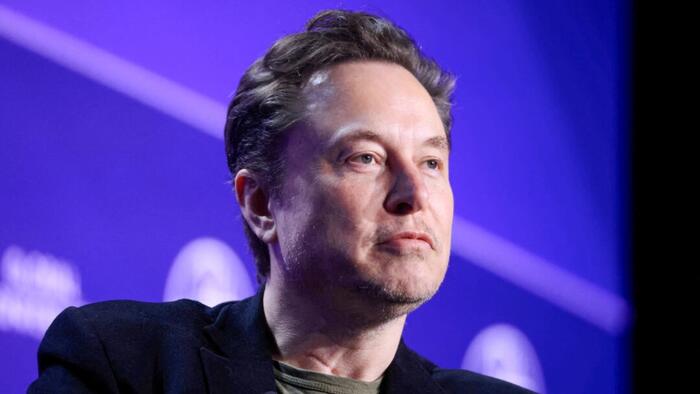On November 6, 2023, Tesla CEO Elon Musk achieved a significant legal victory as the 9th Circuit Court of Appeals upheld a jury’s decision that cleared him of securities fraud allegations stemming from his 2018 tweets about potentially taking the electric vehicle company private. The court rejected the claims made by a group of Tesla investors who argued that flaws in jury instructions warranted a new trial. The three-judge panel concluded that the jury instructions given during the February 2023 trial were appropriate and did not place an unfair burden of proof on the investors. Ultimately, the court found there were no significant errors that would have justified overturning the jury’s unanimous verdict, which cleared Musk of any wrongdoing.
The crux of the case revolved around statements Musk made on Twitter, particularly his assertion that he had “funding secured” to take Tesla private. Investors contended that these tweets created significant volatility in Tesla’s stock price and misled them, claiming to have incurred losses of around $12 billion. The jury’s deliberations focused primarily on whether Musk’s tweets could be considered material—meaning they were important enough to influence investor decisions. The appellate court noted that the jury could reasonably determine that the tweets lacked the necessary materiality, which weakened the investors’ claims for damages.
During the three-week trial, Musk defended his actions by arguing that he genuinely believed his statements were true, citing discussions with Saudi Arabia’s Public Investment Fund (PIF) as evidence he had potential funding. Musk testified at length, emphasizing that he had no malicious intent and that his motives were to act in the best interest of shareholders. He pointed to the strong interest from PIF representatives in taking Tesla private, which fueled his belief that funding was indeed secured for the proposed plan. The jury ultimately agreed with Musk’s defense, returning a unanimous verdict that found neither he nor Tesla liable for misleading the investors.
Upon appealing the ruling, the Tesla investors contended that the initial jury instructions given by U.S. District Judge Edward Chen were confusing and too demanding, essentially burdening them with proving Musk’s intent to mislead. However, the appellate court affirmed that the judge properly instructed the jury to assess whether Musk acted “recklessly,” which represents a lower standard than proving he knowingly made false statements. The clarity and appropriateness of these instructions were pivotal in the court’s decision to uphold the jury’s verdict.
Legal experts noted that the appellate court’s decision reinforces the jury’s findings which prioritized the assessment of materiality, a central factor in securities fraud cases. Since the jury was satisfied that Musk’s statements were not materially misleading, the appellate judges could defer to their judgment. They highlighted that during the deliberation process, the jurors did not seek any clarifications, suggesting they understood the instructions and reached their conclusions independently.
Following the ruling, Musk’s legal team expressed satisfaction, emphasizing the appellate court’s affirmation of the jury’s decision. Meanwhile, the plaintiffs’ lawyer, Nicholas Porritt, did not comment immediately on the appellate ruling, leaving the door open for potential next steps they might consider following this legal setback. The outcome is significant not just for Musk personally but also for Tesla’s ongoing operations and stock stability, underscoring the challenges investors face in proving claims of securities fraud in volatile markets where opinions and predictions can often be misinterpreted.

